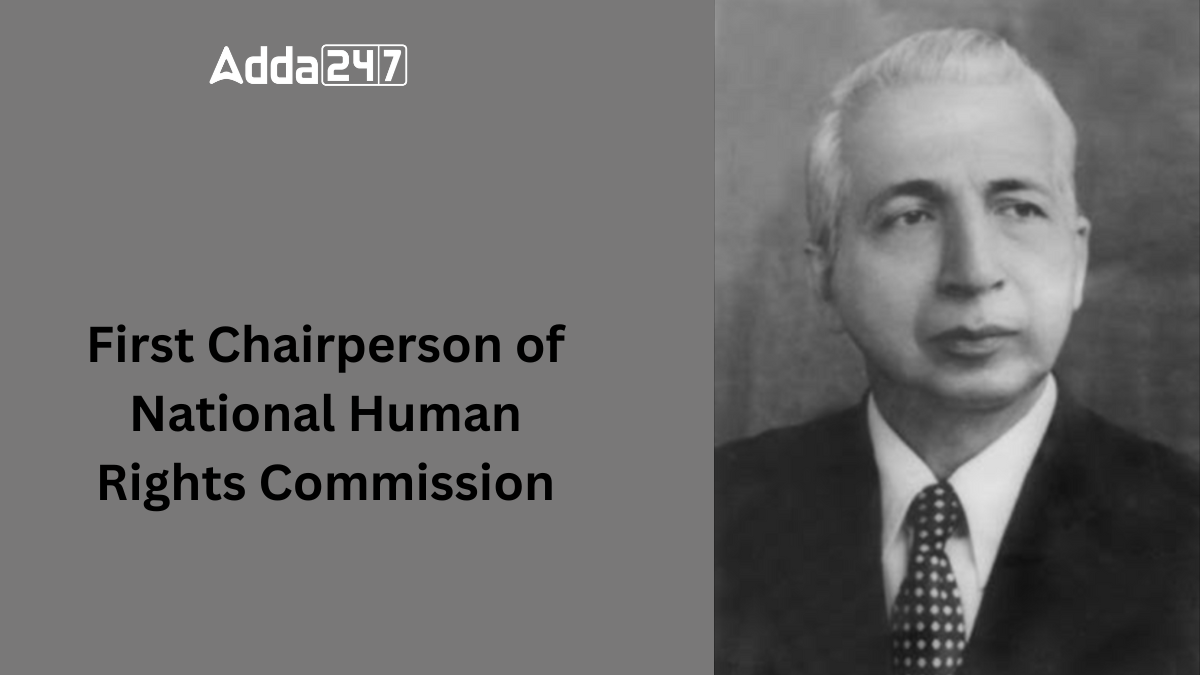The National Human Rights Commission (NHRC) of India is an autonomous public body established to protect and promote human rights in the country. Its establishment was a significant step towards safeguarding the fundamental rights of individuals. The NHRC was founded in 1993, and its first chairperson played a crucial role in shaping the commission’s early work.
Who was the First Chairperson of the National Human Rights Commission?
Ranganath Misra was an esteemed Indian jurist, who served as the 21st Chief Justice of India. He was also the first Chairman of the National Human Rights Commission (NHRC) of India, leaving a significant mark on the country’s legal and human rights systems. Apart from his illustrious judicial career, Misra played an important role in Indian politics, serving as a member of the Rajya Sabha from the Congress Party between 1998 and 2004.
In Which Year Ranganath Misra Became First Chairperson of NHRC?
Ranganath Misra became the first Chairperson of the National Human Rights Commission (NHRC) of India in 1993. His appointment marked the beginning of the commission’s work to protect and promote human rights across the country, setting the foundation for its future activities.
Know More About Ranganath Misra, the First Chairperson of NHRC
Here are some key facts you must know about Ranganath Misra, the first Chairperson of National Human Resources Commission:
- Born on 25 November 1926 in Banapur, Odisha.
- Served as the 21st Chief Justice of India from 1990 to 1991.
- Became the first Chairperson of the National Human Rights Commission in 1993.
- Served as a Rajya Sabha Member from 1998 to 2004 as a Congress Party member.
- Led the inquiry commission for the 1984 anti-Sikh riots.
- Came from a distinguished family; his nephew, Dipak Misra, was the 45th Chief Justice of India.
- Passed away on 13 September 2012 in Bhubaneswar.
An Overview of NHRC
The National Human Rights Commission (NHRC) of India is a statutory body established on 12 October 1993, following the Protection of Human Rights Ordinance issued on 28 September 1993. It later received legal standing through the Protection of Human Rights Act, 1993 (PHRA). The NHRC’s primary role is to safeguard and promote human rights, which are defined by the act as the rights to life, liberty, equality, and dignity, as guaranteed by the Indian Constitution or international agreements and enforceable by Indian courts.




 Which Country Officially Uses Two Differ...
Which Country Officially Uses Two Differ...
 Which Valley is known as the Valley of L...
Which Valley is known as the Valley of L...
 Which Country is known as the Land of Co...
Which Country is known as the Land of Co...








